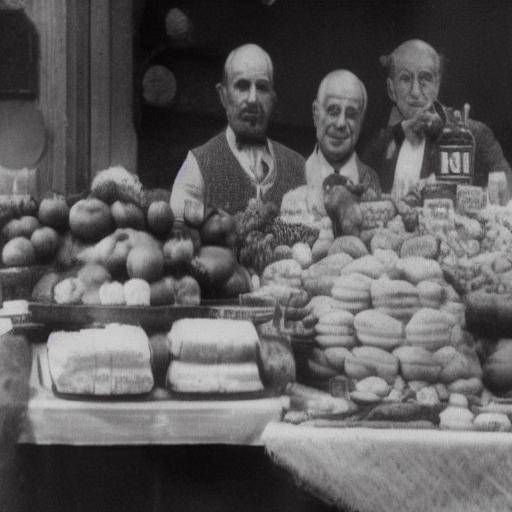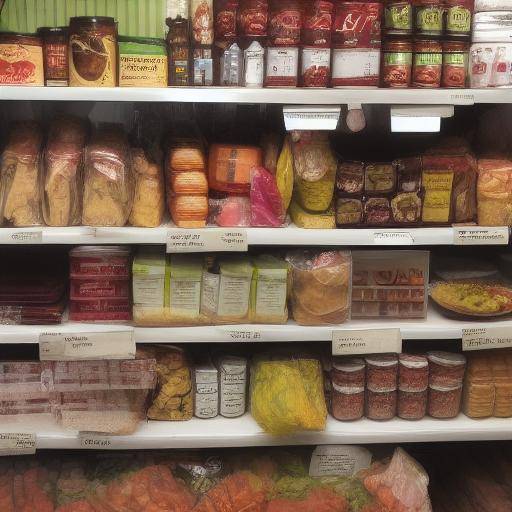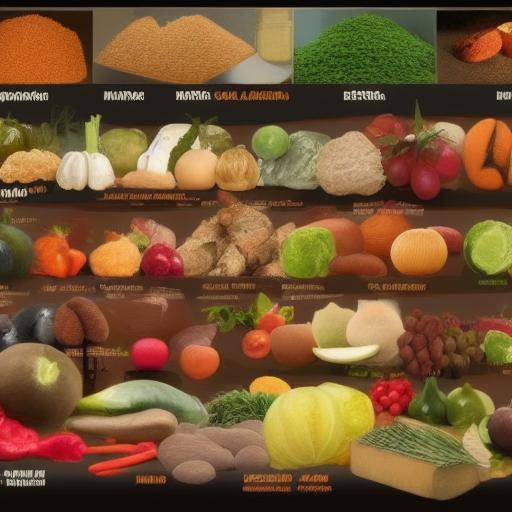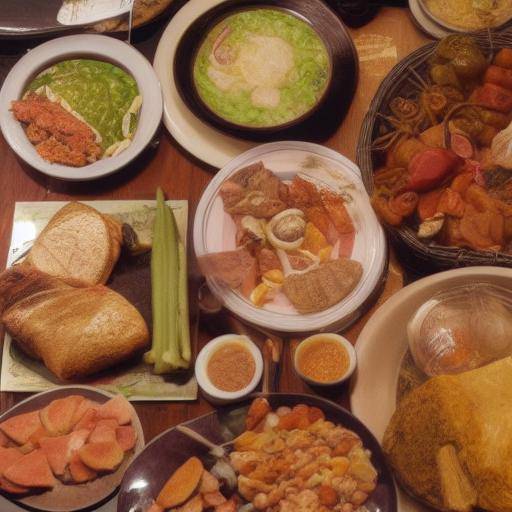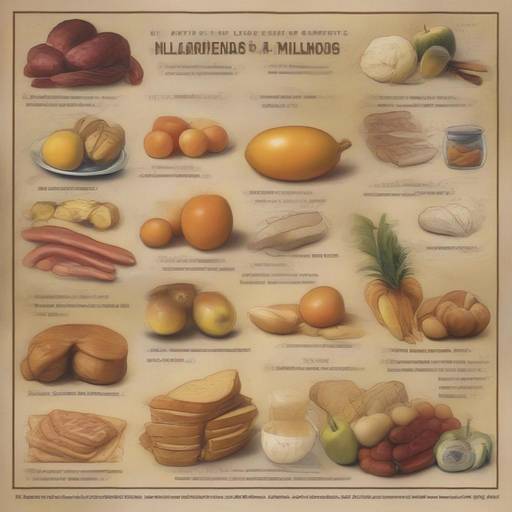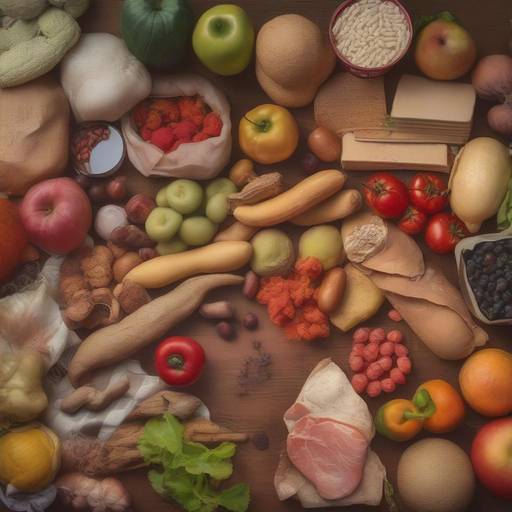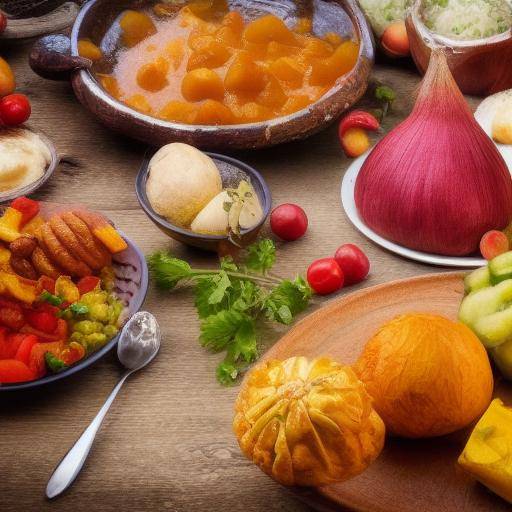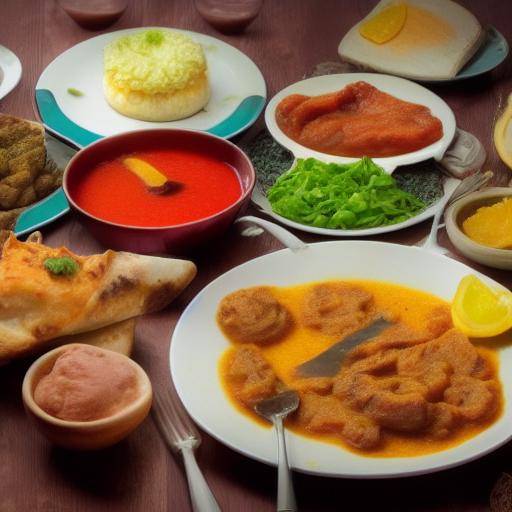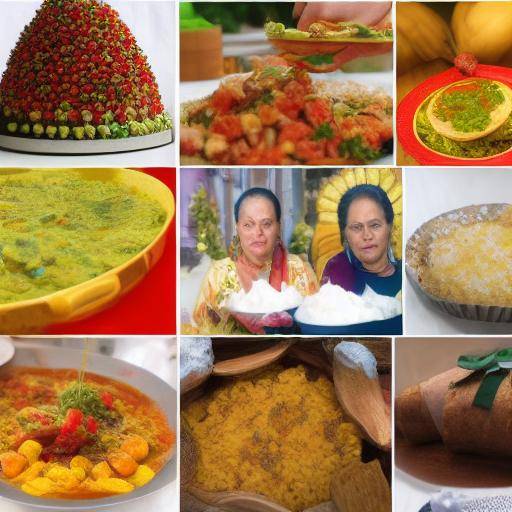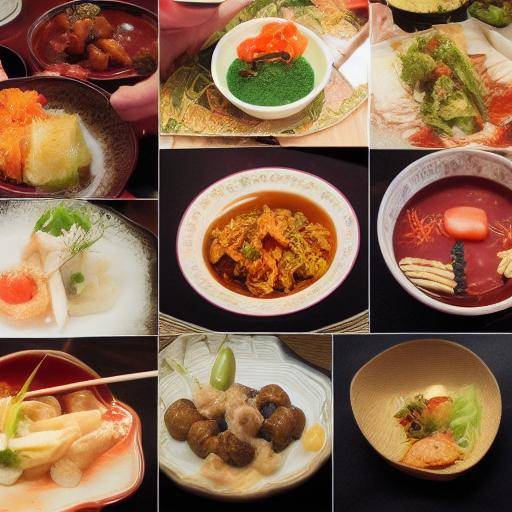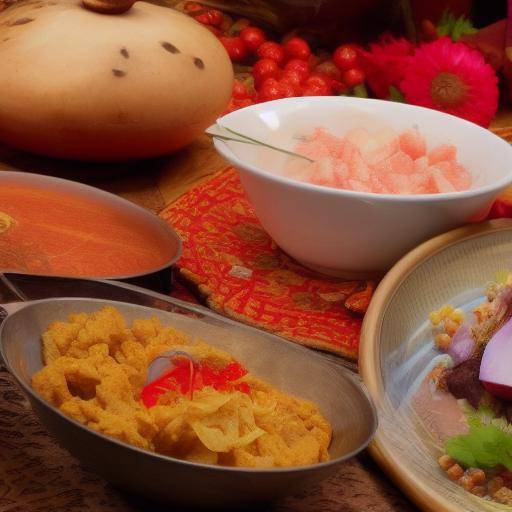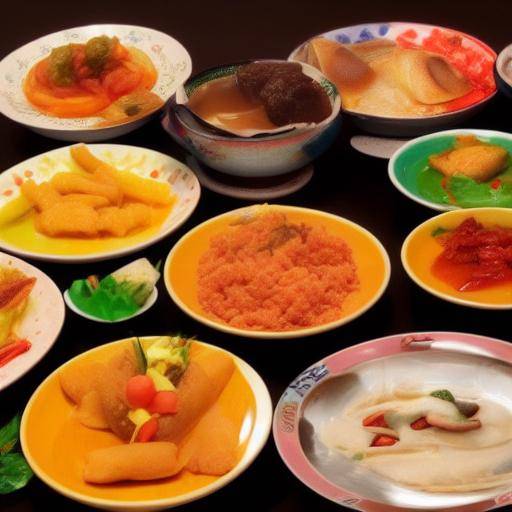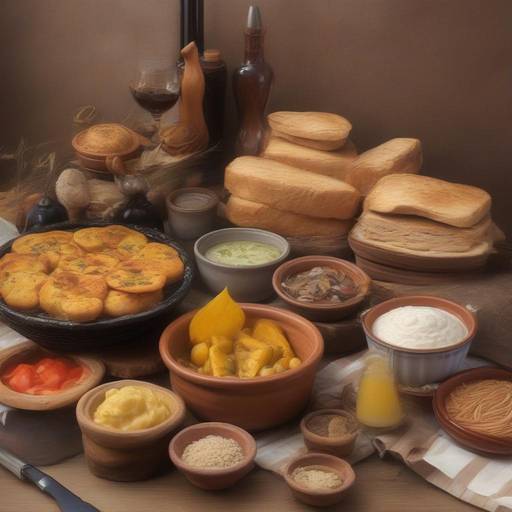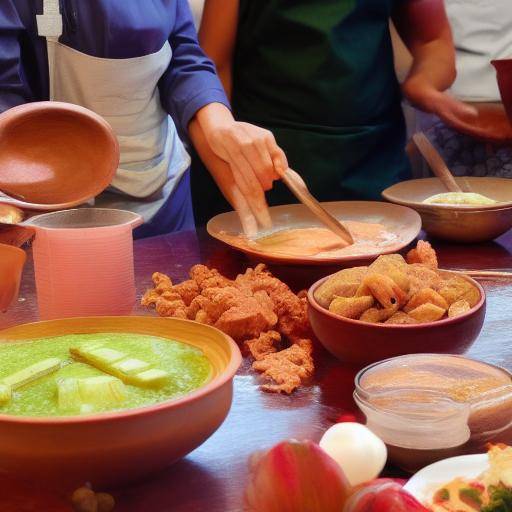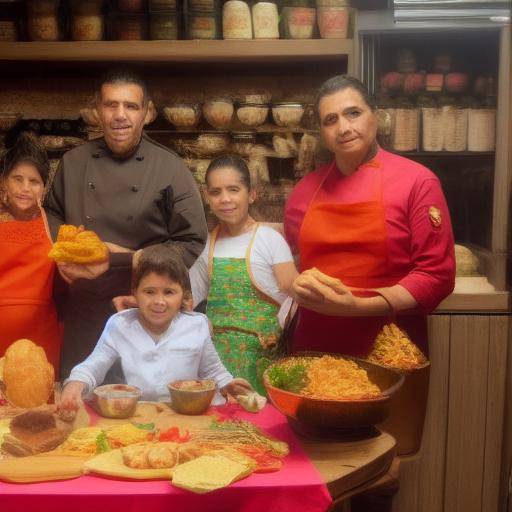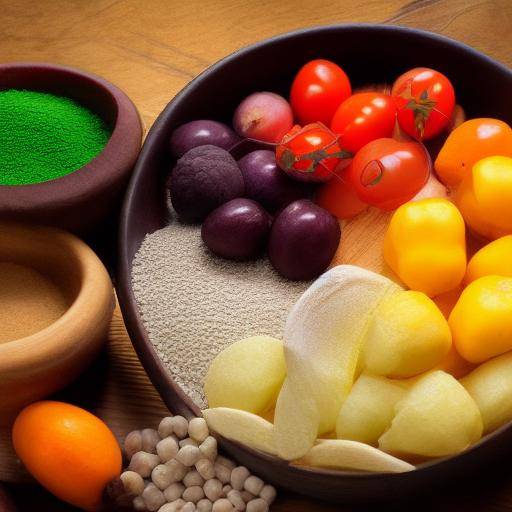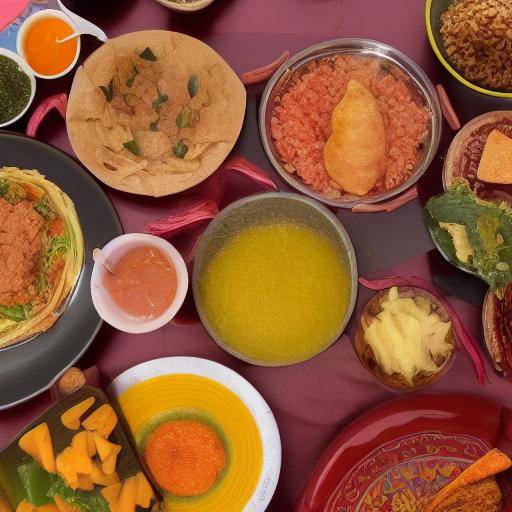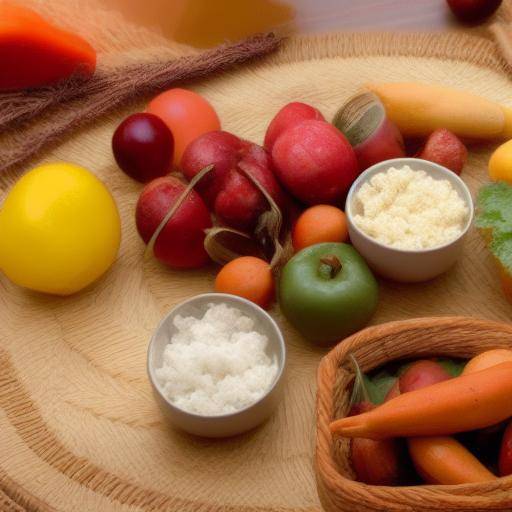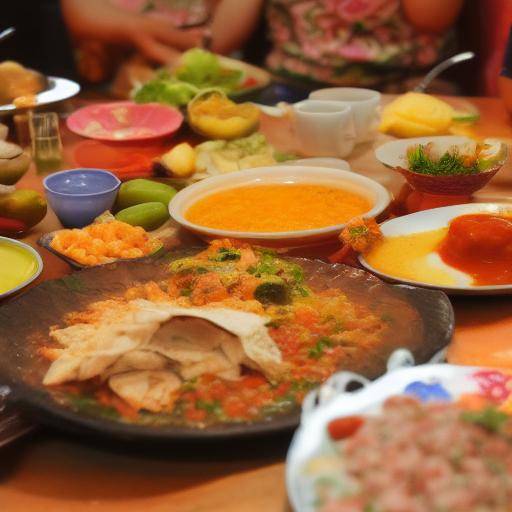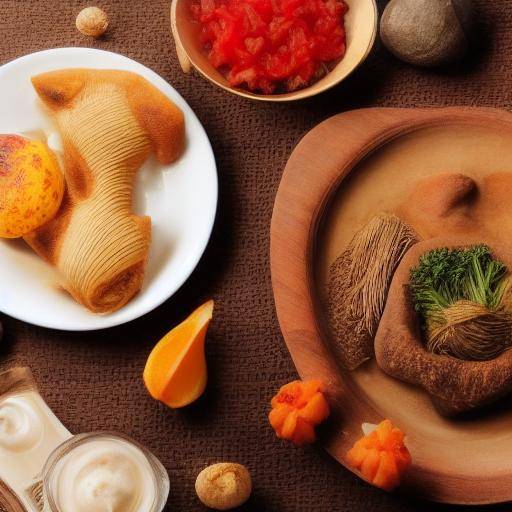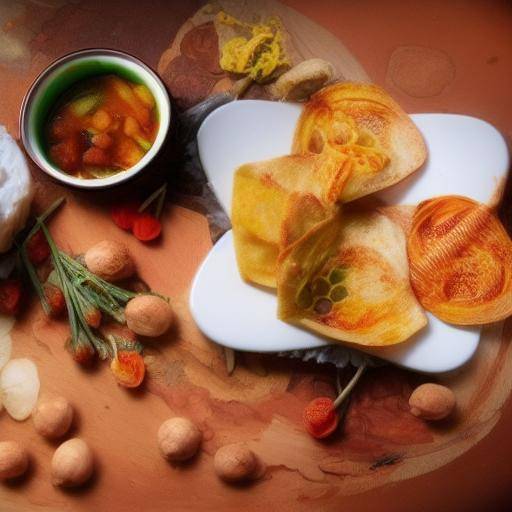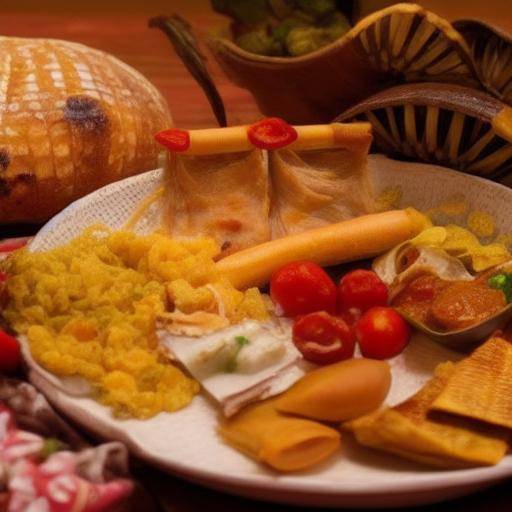
The Mediterranean culture is known for its rich history, impressive landscape and of course its exquisite food. The culinary traditions that have been transmitted over generations in the countries bathed by the Mediterranean Sea have influenced how the world appreciates and enjoys gastronomy. In this article, we will explore the unique culinary heritage of Mediterranean culture, its historical roots, its current influences, and how it enriches our gastronomic experience. From the Mediterranean diet to the secrets of traditional cuisine, we will immerse ourselves in a journey through the flavors and aromas that have left an indelible footprint in the history of gastronomy.
Introduction
Mediterranean culture encompasses a vast and diverse geographical region that includes countries such as Spain, Italy, Greece, Turkey, Morocco, and many more. This region not only shares a common sea, but also a rich cultural legacy, especially with regard to its food. The culinary traditions of Mediterranean culture are based on fresh ingredients, recipes transmitted from generation to generation, and a lifestyle that values food as a social and vital experience. Throughout this article, we will unravel the secrets of this precious gastronomic heritage.
History and Background
The roots of culinary traditions in Mediterranean culture date back to ancient times, and are intertwined with classical civilizations such as Greek and Roman. The use of local products, such as olive oil, aromatic herbs, fresh fruits and vegetables, is a defining element of Mediterranean cuisine. These ingredients not only give you their distinctive taste, but also have been praised for their health benefits.
Trade exchanges and imperial conquests have influenced the evolution of culinary traditions in the region, introducing new ingredients and techniques that have merged with local elements. The Spanish paella, the Italian pasta, the Moroccan cuscous, are just a few examples of the culinary diversity present in the Mediterranean.
Deep analysis
The Mediterranean diet has been recognized for its health benefits, and has become a healthy food paradigm. Scientific studies have shown that this diet, based on the consumption of fruits, vegetables, olive oil, fish and red wine in moderation, is associated with a lower incidence of cardiovascular diseases and a greater longevity.
Despite its many benefits, the preservation of Mediterranean culinary traditions has faced challenges in the modern era. The change in consumption habits, the industrialization of food, and globalization have impacted on the way food is grown, produced and consumed in the region. However, awareness of the importance of preserving these traditions has led to a resurgence of artisanal techniques and a return to local ingredients and traditional cooking methods.
Comprehensive review
The culinary traditions in Mediterranean culture have not only inspired the chefs and lovers of food, but have also influenced how the relationship between food, health, and the environment is perceived. The use of fresh ingredients and the celebration of food as a social experience have been studied and admired around the world.
Although each country bordering the Mediterranean Sea has its own unique culinary identity, there are a number of common elements that define the region. The importance of sharing food in the context of socialization and the connection with nature is one of these elements. Local festivals, food markets, and traditions linked to the artisanal production of cheese, oil or wine, exemplify this connection.
Comparative analysis
Culinary diversity in the Mediterranean region is manifested in the variety of typical dishes and preparation techniques. While in Italy the pastas and risottos stand out, in Greece the dishes are outstanding based on olive oil, fresh herbs and fish, and in Spain the paella and the gazpacho represent the essence of its gastronomy. Despite these differences, all these countries share the basis of a diet rich in fruits, vegetables, legumes, fish and olive oil, which has contributed to their reputation as one of the world's healthiest diets.
Practical Tips and Accessible Recommendations
If you want to incorporate the culinary traditions of Mediterranean culture into your daily diet, here are some practical tips that will help you enjoy this unique gastronomic experience:
- Prioritizes the consumption of fresh fruits and vegetables, as well as vegetables and nuts.
- Use extra virgin olive oil as the main culinary fat.
- Add fish to your diet regularly, preferably blue fish rich in omega-3 fatty acids.
- It limits the consumption of red and processed meats, opting for lean meats and birds.
- Enjoy moderately red wine, in the framework of a balanced diet and a healthy lifestyle.
Industry Perspectives and Expert Reviews
Leaders of the culinary industry and nutrition experts have repeatedly praised the culinary traditions of Mediterranean culture for their focus on fresh and unprocessed ingredients. Chef recognized as Ferran Adrià, Karlos Arguiñano, and Yotam Ottolenghi have highlighted the positive influence that this cuisine has had in their culinary creations, as well as in their own health and well-being.
Nutrition experts, for their part, have underlined the health benefits associated with the Mediterranean diet, emphasizing their ability to reduce the risk of chronic diseases and promote a long and healthy life. In addition, the importance of the social and cultural dimension of food in the Mediterranean region has been highlighted, emphasizing that food not only feeds the body, but also strengthens human relations and the sense of community.
Case Studies and Practical Applications
The impact of the culinary traditions of Mediterranean culture goes beyond the daily food, extending to the tourist industry, the cuisine of high cuisine, and the food sector in general. Tourist destinations such as Tuscany in Italy, Santorini in Greece, or the Costa Brava in Spain, have managed to capitalize on their culinary traditions to attract visitors from all over the world eager to explore their rich gastronomic and enological offerings.
Michelin-star restaurants that have integrated the principles of the Mediterranean diet in their menus have been able to attract demanding dining rooms and have contributed to the global spread of these culinary traditions. Similarly, the export of emblematic products such as olive oil, feta cheese or serrano ham has brought the Mediterranean flavor to the farthest corners of the world.
Future Trends and Predictions
As awareness of the importance of healthy and sustainable food continues to grow globally, the culinary traditions of Mediterranean culture are expected to become even more relevant in the future. The combination of fresh and natural ingredients, an approach to simplicity and balance, as well as the celebration of food as a social experience, place it in a privileged position to lead the movement towards a more conscious and healthy diet.
Recent trends in the culinary sphere, such as the emphasis on sustainable cuisine, appreciation for the diversity of flavors, and the return to traditional culinary techniques, coincide with the fundamental pillars of the culinary traditions of Mediterranean culture. As a result, this meal is expected to continue to influence and inspire chefs, nutritionists, and good table lovers around the world.
Conclusion
Culinary traditions in Mediterranean culture represent much more than simple recipes and exquisite dishes. They are the reflection of a way of life that values food, health, and coexistence. Through this article, we have explored the history, benefits, challenges, and the global impact of these culinary traditions. We hope that this immersion in the world of Mediterranean food has awakened your curiosity and encouraged you to discover more about this culinary treasure.
Frequently asked questions
1. What are the key ingredients of Mediterranean cuisine?
The Mediterranean cuisine is characterized by the abundant use of olive oil, fruits, vegetables, fish, legumes, aromatic herbs, and whole grains.
2. Why is the Mediterranean diet considered healthy?
The Mediterranean diet has been associated with reducing the risk of cardiovascular diseases, preventing type 2 diabetes, and promoting longevity due to its emphasis on fresh and natural ingredients.
3. What is the role of wine in the Mediterranean diet?
The moderate consumption of red wine, especially during meals, has been related to cardiovascular health benefits, thanks to the antioxidants present in the wine.
4. How can I incorporate the Mediterranean diet into my lifestyle?
You can start by prioritizing the consumption of fresh and local foods, as well as by paying for recipes that include typical ingredients from the Mediterranean region.
5. What are some representative dishes of Mediterranean cuisine?
The most representative dishes include paella, moussaka, couscous, lasagna, gazpacho, Greek salad, among others.
6. What role does culture play in Mediterranean food?
Mediterranean culture attaches great importance to food as a social experience, to coexistence and to the connection with the land, elements that are reflected in its gastronomy.
Throughout this article, we have explored in detail the culinary traditions of Mediterranean culture, from its history and evolution to its practical applications and its promising future. The culinary delights of this region continue to inspire cooks and diners around the world and, as we have seen, are much more than just recipes: they represent a way of life in which food is synonymous with health, coexistence and pleasure.

